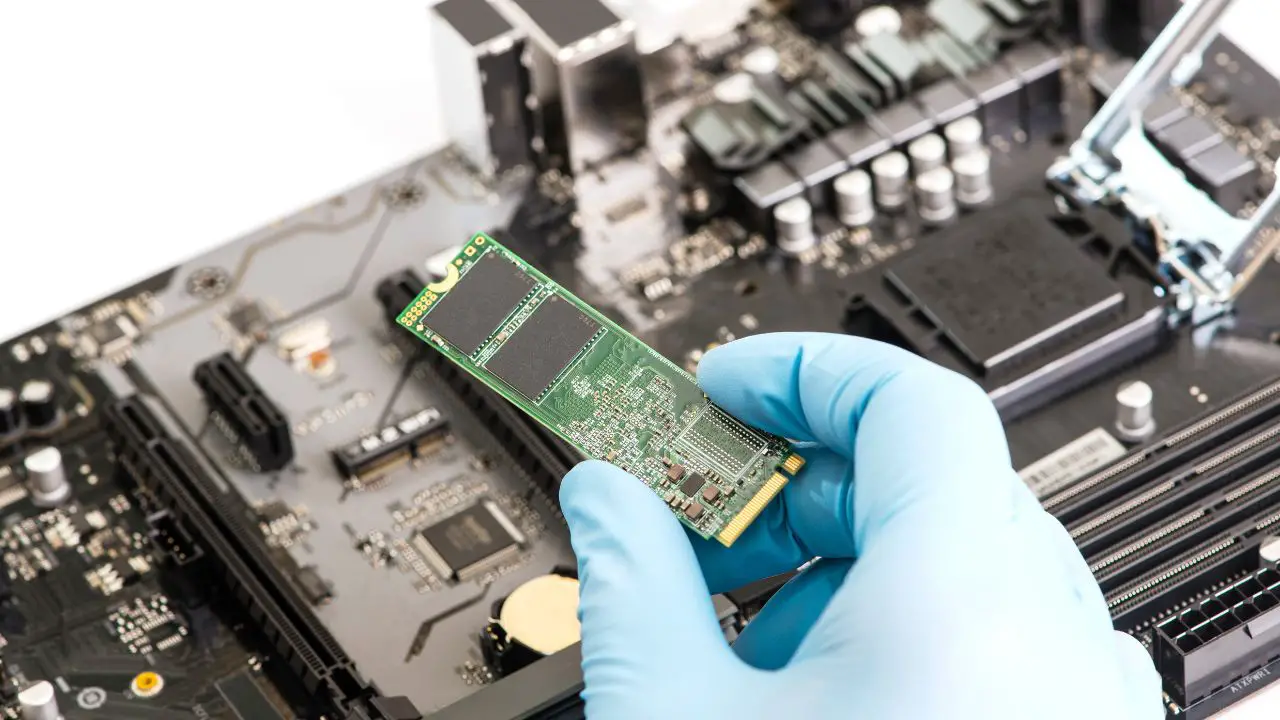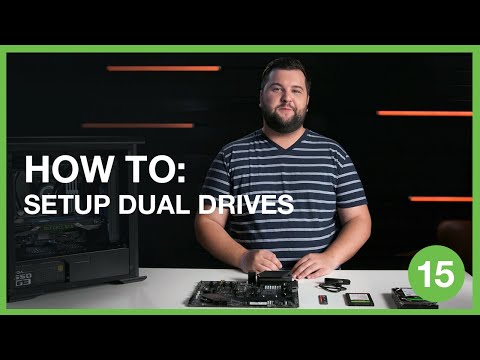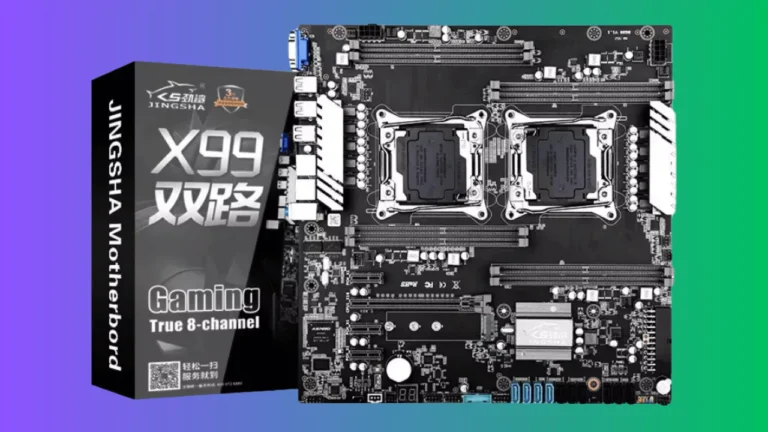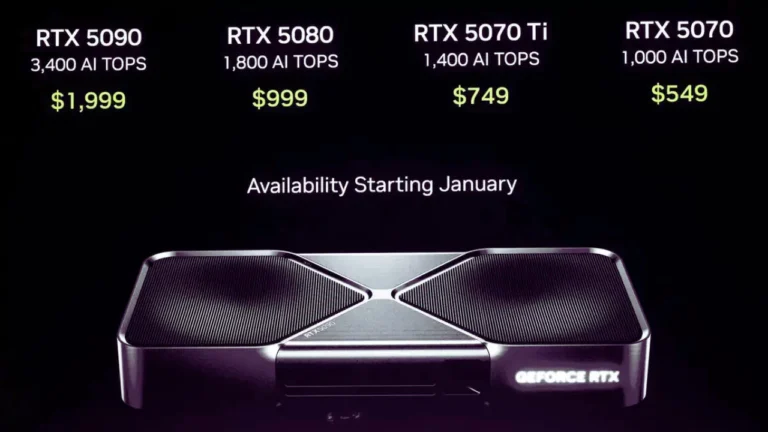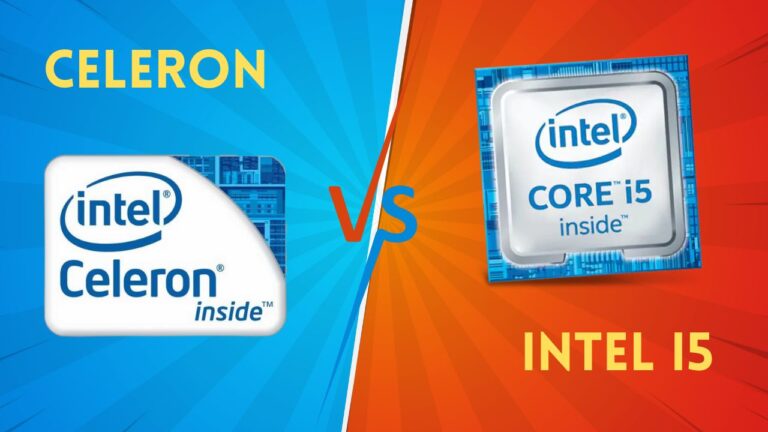Want to know if two SSDs can fit in one PC? Having multiple SSDs in a single computer is becoming more common. It offers faster speeds than a hard drive. Can you have two SSDs on one PC? Yes and no. Depends on the motherboard and ports.
Adding multiple SSDs to a system:
- Gives greater storage capacity
- Faster read/write speeds
- Useful for gaming/video editing
- Not all motherboards support two different SSDs
- Check your motherboard’s specs
If your motherboard allows two separate SSDs, you can put as many in your computer as you want:
- Make sure your motherboard supports it
- Some motherboards only support one type of SSD
- Others are compatible with several types
- Consider the space and power each drive takes up
- Additional power cables/SATA ports may be required.
What is an SSD?
Solid State Drives (SSDs) are data storage devices that use integrated circuits as memory. Unlike Hard Disk Drives (HDDs), SSDs have no moving parts. This makes them more reliable, quieter, and significantly faster! They can be used as primary storage in PCs and laptops, or as secondary storage for games and backups.
SSDs are usually smaller than HDDs and come in different form factors like mSATA, M.2, or 2.5-inch HDD size. Since SSDs have no moving parts, they’re much less vulnerable to damage from knocks or drops. You can install as many SSDs as your motherboard supports – different motherboards may have different SATA connectors, so make sure it can handle the drives you want to install.
Benefits of Adding an SSD to Your Computer
Adding an SSD to your computer can give you many advantages. Speed is improved as boot times and applications load quicker than with regular hard drives. Less energy is needed too, which makes it perfect for a more power-efficient system and a cooler running computer.
No mechanical parts mean an SSD is quieter and more durable. It won’t be damaged by frequent use or shock damage when traveling.
You can have as many SSDs as you want. But make sure the motherboard supports it first. If using multiple disks, they should be installed in separate connections on separate controllers. Read the manufacturer’s instructions before purchasing.
How Many SSDs Can You Put in Your Computer?
Wondering how many SSDs you can add to your computer? Generally, you can add as many SSDs as you want. However, your motherboard needs to support the storage you plan to add. If it doesn’t, you’ll need to upgrade or use a USB and External Hard Drive.
Most motherboards have two M.2 slots for up to two 2.5” SSDs. Some models may be able to support four 2.5” drives. Ensure the connector is compatible before installing, NVMe and SATA connections may be used. You can connect multiple drives via PCIe slots, providing better performance. SATA ports can accommodate several hard drives however this will limit performance due to the limited throughput of the SATA connection format.
In conclusion, it depends on the motherboard, the connections available, and if an internal or external solution is needed. Research the components beforehand to ensure compatibility. “Measure Twice – Cut Once!”
What to Consider When Adding Multiple SSDs?
Before adding SSDs to your computer, make sure your motherboard supports them. Most modern motherboards have multiple SATA ports that are compatible with SSDs. Decide which slot you wish to use – usually M2 or PCIe Gen3x4 slots are recommended for faster speeds.
Consider the purpose of the additional drives. For storage, setting up a RAID array with multiple SSDs might be beneficial if the motherboard has enough bandwidth. If not, the disks can be used independently.
Before buying extra drives, understand what management/operating system requirements you need. You may need software or an OS with built-in support such as Windows Storage Spaces or Apple Fusion Drive.
What Motherboards Support Multiple SSDs?
Before adding SSDs to your computer, check if your motherboard supports it. Most motherboards today have two SATA connectors, however not all can support more than two SSDs. High-end chipsets, like Intel Z270 or Z170 and AMD X470 or X370, are able to support up to four drives in a RAID setup. To use multiple drives, you need to enable AHCI mode in the BIOS.
Bear in mind, some motherboards with fewer than four SATA ports may be used for optical drives or expansion cards. But, some boards provide extra SATA ports via PCIe add-in cards. If you plan to use multiple SSDs in RAIDS, ensure your motherboard has enough SATA connectors. And, make sure it’s capable of supporting a RAID setup in AHCI configuration before buying/installing any drives. Then, enjoy the bandwidth of modern storage solutions!
How to Install Multiple SSDs?
Installing multiple SSDs on your PC is not too hard. But, before you start, there are some things to keep in mind:
- Make sure your motherboard has enough ports to support the extra drives. You can have as many as you want, but your board must be able to handle it. If not, you may need to buy additional expansion cards.
- It’s best to install the drives in different bays, for better cooling and faster transfers. Some motherboards have raid controllers, to use multiple SSDs as one virtual drive.
- When formatting the drives, do it manually. This way, you can configure each drive with its own letter and avoid conflicts with any existing system. Plus, each drive will have its own set of optimization settings, so it runs at its best.
Conclusion
Yes, it is possible to use two SSDs in one PC. Check your motherboard specs to make sure it supports multiple SSDs. Also, consider the connection type your drives require. Get acquainted with any settings and programs needed for a safe installation. This way, you can have faster loading times and more storage options on your computer.
Enjoy using two or more SSDs!

